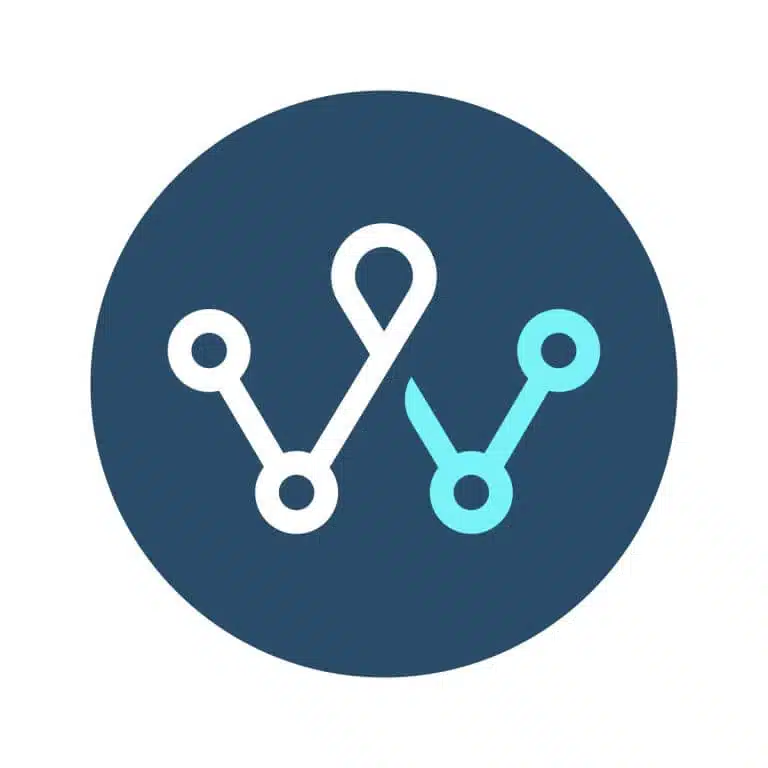Authored by: The WayPath CMS Team
In a world that is quickly moving towards , the more efficient, relevant, and valuable you can be to your patients, the more your practice will thrive.
What Is a Healthcare Content Management System?
At its most basic, a CMS is a platform that helps you manage your website. It’s a user-friendly tool to help you create, organize, modify, and push out information about your practice without the need for specialized IT expertise. The content management system handles all of your site’s infrastructure so you can focus on the patient-facing aspects of your content, like your site copy, blogs, checklists, calendars, and other informational resources.
Some of the things you can do with a healthcare CMS include:
- Post or modify site content and blogs
- Make changes to your site copy in real-time
- Add new services or pages
- Customize meta descriptions
- Simplify SEO efforts
- Share information internally with your staff
- Ensure HIPAA compliance
- And more
Beyond these functions, a healthcare content management system offers many ways to help you improve every aspect of your operations. These features represent the difference between poor-to-adequate medical administration and excellent record-keeping, patient nurturing, and communications—all of which are closely associated with employee satisfaction, improved engagement, and positive health outcomes.
For example, the average practice processes massive volumes of information every day. From patient requests to appointment scheduling, care coordination, keeping track of insurance claims, lab results, and more, a healthcare CMS reduces the burden on clinic staff and improves the speed and efficiency by which they get things done.
15 Benefits of Enterprise Content Management Solutions In Healthcare
Here are just a few of the benefits you can look forwards to from a modern healthcare CMS:
- Cost Savings. A CMS reduces costs in several ways: you’ll use less paper and office supplies, you won’t need to purchase and maintain printers, copiers, fax machines, or manage paper files, and you’ll eliminate the cost of finding or rebuilding lost records.
- Efficient Data Storage. All data, communications, and related data are stored securely online where it’s fully searchable and available when you need it.
- Improve Productivity. A healthcare CMS reduces time spent on repetitive tasks so your staff can focus on patient satisfaction.
- Agility and Responsiveness. With a robust content management system, you can make changes and updates on the fly; during busy times, you don’t need to wait for the support of an IT pro.
- Personalized Content. Tailor your content to increase its relevance to different audiences and patient groups using behavioral data gathered by the CMS.
- Sustainability. Eliminating paper workflows saves millions of trees and reduces your carbon footprint.
- Compliance. Modern healthcare CMS systems are fully compliant with HIPAA standards. In addition, they allow you to keep a full audit history of all your patient documentation.
- Reduces Stress. Healthcare is a high-stress environment. CMS solutions simplify processes, reduce errors, and improve the quality of communication, helping to maintain a healthy work environment.
- Better Health Outcomes. A CMS facilitates a seamless process from appointment setting to reminders, health monitoring, and continuing care. When patient needs are met, it leads to better health outcomes.
- Intuitive, Easy to Use Interface. Users can quickly navigate to areas of the CMS that are relevant to them and perform quick searches.
- Quick Setup. Benefit from a ready-to-use framework for rapid and seamless implementation.
- Privacy and Accessibility. Set user roles and permissions to ensure that only authorized parties can access relevant information.
- Quality Control. A CMS will flag errors such as typos and broken links, which will not only harm your brand image but also damage your SEO rankings.
- Improved Social Media Presence. Quickly share timely content on popular social media platforms such as Facebook, Twitter, LinkedIn, YouTube, and more.
- Analytics and Reporting. See which web pages and content perform best and what people are searching for on your site – all information and reports are presented in simple, easy-to-understand dashboards.
Not Using a Healthcare Content Management System? Here’s What Could Happen
If you’re still using a dated or legacy CMS in your practice, it’s wise to be aware of some of the issues you could encounter.
- Missed Appointments create a domino effect that impacts everything from cash flow to patient health. Healthcare costs rise when issues are not dealt with promptly, reducing profitability and impacting treatment success.
- Missed Opportunities. Today, many practices prioritize a multi-disciplinary approach. Without clear and timely communication, opportunities could be missed, and patient health put at risk.
- Poor User Experience (UX). A legacy CMS does not deliver the kind of UX most patients (and employees) have come to expect.
- Security Issues. Older CMS platforms may not comply with today’s data security regulations, making you more susceptible to malware and data breaches.
7 CMS Features Important for Healthcare Organizations
1. Easy-to-Use Content Editor
Ideally, look for a solution that has an intuitive content editor. This will ensure that users in a range of different roles and with varying degrees of technical expertise can all reap the benefits of the platform.
2. Workflow Management and Permissions
Governance is critical to healthcare organizations, and proper workflow and permissions management are therefore must-haves. Your CMS should allow rules to be put in place to ensure that relevant users check all content for accuracy and quality before its published, without introducing unnecessary delays and bottlenecks.
3. Service Provider Directories
When people are looking for a doctor or specialist, their healthcare provider’s website is often their first port of call. It makes sense, therefore, to look for a CMS that has a pre-built provider directory. This will avoid the need for you to spend time and money creating one from scratch.
4. Additional Healthcare-Specific Features
Look for a solution that offers pre-built features that lend themselves to the business of healthcare, such as your facilities’ locations and directions, online calendars and bookings, and anticipated wait times.
5. Security
Patients’ personally identifiable information and records are sacrosanct. Any breach or loss of this data can result in steep fines, not to mention damage to your brand and reputation in the market. Healthcare organizations’ CMS solutions should protect data from unauthorized access by external parties (via hacking or a ransomware attack, for example.) In addition, ensure you can implement role-based rules and permissions to ensure internal users can only access information relevant to them.
6. Interoperability and Integration
Ideally, it should be easy for you to integrate your CMS with your other digital enterprise platforms, such as your customer relationship management, email, and marketing automation solutions. Having the ability to share data between systems will save time and ensure you deliver the optimal customer experience.
7. Scalability
The world of healthcare is fluid and evolving, and it’s not uncommon for businesses to acquire or merge with others (particularly in the wake of COVID-19.) The best CMS vendors have taken note of these trends and are designing their solutions with flexibility and scalability in mind. They’re making it easy to integrate new healthcare facilities, sets of offices, or directories of doctors quickly and seamlessly and manage everything via a single platform.
How to Choose the Right Healthcare Content Management System
Your choice of the best CMS platform for your healthcare organization will depend on many factors, including the nature of your operation and its size and scope. However, you’d do well to keep these seven features in mind when narrowing down your options.
WayPath’s Digital Solutions for Healthcare Organizations
The WayPath healthcare CMS is the ideal solution for today’s advanced practice needs. Our team works closely with you to provide you with intelligent solutions tailored to your precise requirements. If you’re looking for a cost-effective way to grow your business, improve patient satisfaction, assure compliance, and empower your employees with next-generation tools, WayPath has the solution for you. Book a demo today.




